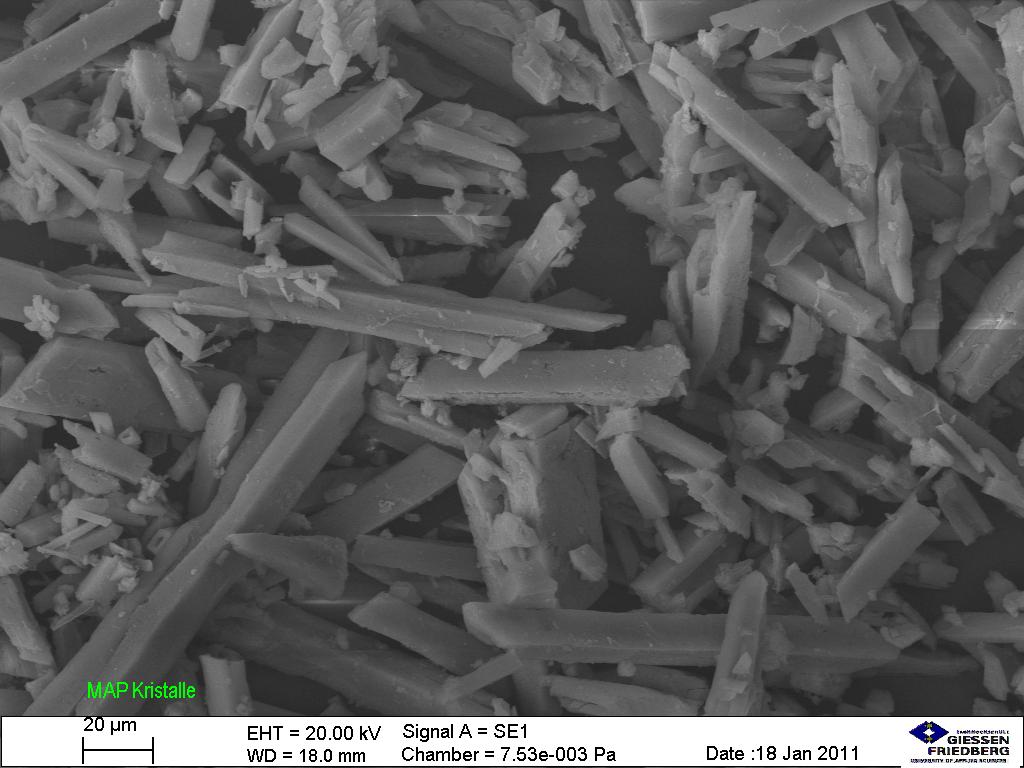Playlist
Show Playlist
Hide Playlist
Calcium Stones: Treatment – Nephrolithiasis
-
Slides Nephrolithiasis.pdf
-
Download Lecture Overview
00:01 So once we've diagnosed our patient and we've done our basic and complete evaluation, there's some things that we can keep in mind for general medical management. 00:10 This includes dietary modification and lifestyle modification - this is critical. 00:15 We want our patients to increase their fluid intake to produce at least 2 to 2 1/2 liters of urine per day. 00:23 We want them to have a low sodium diet less than 2300 mg per day. 00:28 The reason being is that high sodium will actually worsen calciuria. 00:34 We want a low to moderate animal protein intake and we also want them to have reduced sugar drinks. 00:41 Again, having high sugary drinks actually precipitates calciuria - that means calcium in the urine. 00:49 We also want to ensure that they have adequate calcium intake that's age appropriate in the diet. 00:54 Why is this? because lowering dietary calcium without lowering dietary oxalate particularly in somebody who's making calcium oxalate can precipitate stone formation due to less intestinal binding of ingested oxalate. 01:09 We also want to reduce dietary oxalate if that patient again has a calcium oxalate stone. 01:16 So couple of things for us to think about in specific populations for specific stone types. 01:23 We have calcium stones, uric acid stones, struvite stones and cysteine stones. 01:31 Let's start with calcium stones. 01:34 Calcium stones make up about 70% of all stones, we had talked about that before. 01:39 Most are composed of calcium oxalate or in combination with phosphate or uric acid. 01:45 The risk factors for stone formation include hypercalciuria - remember that means too much calcium in the urine, hypercalcemia, hyperparathyroidism or excessive 1,25-D levels. 01:59 That's that active form of vitamin D also called calcitriol. 02:04 Hyperoxaluria, that could be due to dietary intake remember those foods like tea, chocolate could be because of GI malabsorption or inherited enzyme deficiencies that cause primary hyperoxaluria. 02:21 Hypocitrituria is also a risk factor for stone formation. 02:25 Remember citrate is a chelator, it will chelate calcium. 02:29 Without the presence of that in the urine, that can lead to hypercalciuria. 02:35 And then finally, hyperuricosuria. 02:37 So about 10 to 15% of calcium stones are as in association with this and this has to do with nucleation of calcium oxalate around that uric acid crystal. 02:49 So, again other treatments, if the patient has a calcium-based stone, how do we want to treat them? We want to do the general treatment that we've already talked about, right, that's the behavioral and dietary modification but in addition there's a couple of other things that we can do to help our patients. 03:05 We can use a thiazide diuretic if they have hypercalciuria, that works specifically to reduce urine calcium. 03:15 We can also have them reduce dietary oxalate if they have a calcium oxalate stone so either treating that underlying disorder if they have GI malabsorption or primary hyperoxaluria as well. 03:28 We can give them potassium citrate. 03:30 This is going to increase citrate availability and raise the urinary pH which can help with the solubility of calcium oxalate stones. 03:36 Remember, these guys are gonna precipitate in an acidic environment. 03:40 So if we can increase that pH and create a more alkaline pH, then that that stone will be more soluble and in addition, remember what citrate does, it's a chelator so it will help to chelate calcium. 03:53 And remember allopurinol, if patients have an increase in uric acid excretion, we can use that to reduce uric acid production when they have a combination stones.
About the Lecture
The lecture Calcium Stones: Treatment – Nephrolithiasis by Amy Sussman, MD is from the course Nephrolithiasis (Kidney Stones).
Included Quiz Questions
Which lifestyle modification should be recommended for patients with kidney stones?
- Increase fluid intake
- Increase sugar intake
- Decrease dietary calcium
- High animal protein intake
- High-sodium diet
Which of the following medications is used to reduce hypercalciuria?
- Thiazide diuretics
- Loop diuretics
- Potassium iodide
- Probenecid
- Calcium carbonate antacids
Customer reviews
5,0 of 5 stars
| 5 Stars |
|
5 |
| 4 Stars |
|
0 |
| 3 Stars |
|
0 |
| 2 Stars |
|
0 |
| 1 Star |
|
0 |




